Are you a restaurant owner, manager, or operations manager striving to enhance your restaurant’s efficiency in 2024? Selecting the right ERP (Enterprise Resource Planning) tailored to your specific operational needs is crucial.
In this comprehensive guide, we’ll explore the key considerations and benefits of implementing a restaurant ERP, focusing on how it aligns with the unique demands of your business, whether you’re an owner, manager, or operations expert.
1. What Is a Restaurant ERP
A Restaurant ERP is a specialized software designed to manage various operations within the restaurant industry, extending its applications to the broader Food and Beverage (F&B) sector. A tailored ERP designed for the restaurant sector offers a diverse array of tools, catering to different facets of the business.
These encompass menu engineering, inventory management, recipe and cost control management, human resources and employee scheduling, supplier management, financing and accounting management, real-time reporting, and various other critical aspects that we will delve into further in this article.
2. Why Do Owners, Managers, and Operations Specialists Need ERP Software in 2024?
Let’s delve into the interconnected benefits of ERP for restaurant owners, managers, and operations specialists, emphasizing how it boosts efficiency, increases profitability, and optimizes costs.
2.1 Attaining Operational Efficiency
2.1.1 Standardized Data and Aligned Processes
Implementing ERP software allows for standardized data formats and definitions across all departments. This includes menu items, pricing, supplier information, and employee data. Standardizing processes reduces work duplications, increases visibility among different departments, and optimizes time, enhancing operational efficiency.
2.1.2 Automated Inputs and Processes
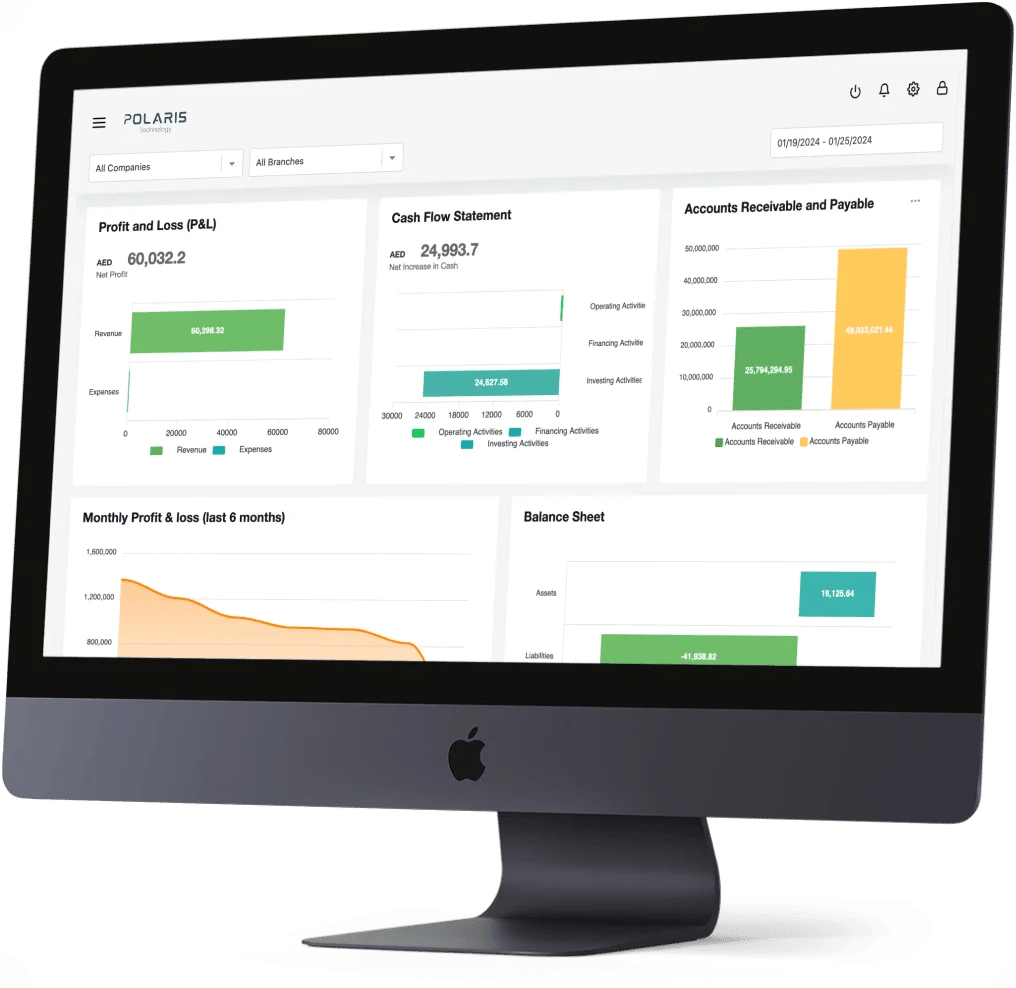 Automation embedded in ERP software removes reliance on manual inputs, optimizing resources through staff scheduling, inventory management, and waste management. Automated processes reduce human errors, ensuring consistency and improving overall efficiency, contributing to an enhanced customer experience.
Automation embedded in ERP software removes reliance on manual inputs, optimizing resources through staff scheduling, inventory management, and waste management. Automated processes reduce human errors, ensuring consistency and improving overall efficiency, contributing to an enhanced customer experience.
2.2 Achieving Cost Savings
ERP software streamlines procurement, automates inventory management, and utilizes real-time data insights to minimize wastage and identify cost-saving opportunities. Integration with financial modules enhances budget control and ensures efficient resource allocation.
2.3 Increased Profitability
ERP software enables real-time data analysis and reporting, providing crucial insights for menu engineering and operational adjustments. Secure transactions through an anti-theft prevention system reduce financial risks, translating into increased profits.
2.4 Informed Decision-Making Based on Real-Time Data
AI-powered ERPs perform complex analyses in seconds, offering instant insights for informed decision-making across various business aspects. This gives you, the restaurant owners, managers and operations managers in restaurants, the leverage to seize opportunities fast, or adapt to fluctuating market conditions.
3. What Makes an ERP Suitable for the F&B Sector?
 When selecting an ERP, consider its ability to connect Front of House (FOH) activities, like order taking, point of sale (POS) transactions, serving clients with Back Office (BO) operations such as accounting and financial management, inventory and procurement control, human resources, and other administrative processes.
When selecting an ERP, consider its ability to connect Front of House (FOH) activities, like order taking, point of sale (POS) transactions, serving clients with Back Office (BO) operations such as accounting and financial management, inventory and procurement control, human resources, and other administrative processes.
In addition, make sure the restaurant ERP meets your restaurant’s needs, can automate routine tasks, streamline business processes, and make your managerial life easier. Features like menu engineering, inventory control, order processing, employee management, or financial accounting are crucial for seamless restaurant operations. The ultimate goal of a restaurant ERP should nevertheless be boosting your restaurant’s profitability.
3.1 Key Features of a Restaurant ERP:
Menu Engineering:
Ensure that the ERP allows you to manage and update menus efficiently. This includes comprehensive pricing tools, ingredient tracking, and customization options such as combo solutions. The menu engineering feature enhances your ability to adapt to changing customer preferences and industry trends.
Inventory Control:
Opt for an ERP that provides solid inventory management capabilities. This includes tracking stock levels, automating replenishment orders to prevent shortages or excesses, and implementing real-time visibility into your inventory. Effective inventory control mitigates the risks of overstocking or understocking, ensuring a streamlined supply chain.
Order Processing:
Streamline your order processing with an ERP that is natively connected with POS systems. This feature ensures quick and accurate transactions, reducing processing times and enhancing the overall customer experience.
Financial Accounting:
Choose an ERP that offers seamless integration with financial modules. This includes accurate accounting, expense tracking, and financial reporting. A robust financial accounting feature provides insights into your restaurant’s financial health, ensuring efficient resource allocation.
AI-Driven Consultant:
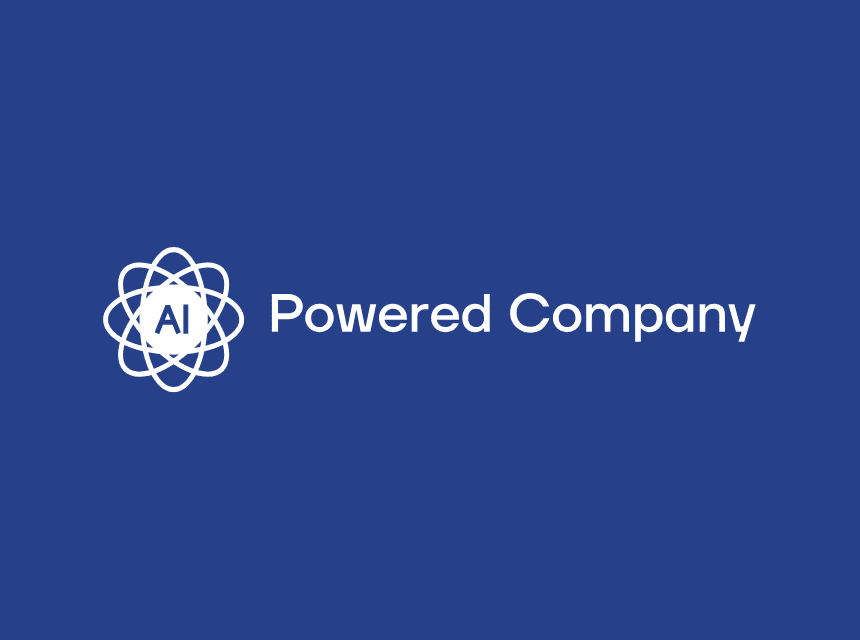 This is a unique feature, which most ERP providers do not offer, but which can make a world of difference to your restaurant business.
This is a unique feature, which most ERP providers do not offer, but which can make a world of difference to your restaurant business.
This intelligent assistant provides instant business advice, menu engineering optimization, and tailored insights based on your restaurant’s financial data.
With this advanced restaurant ERP feature you will be empowered to make informed decisions and streamline your business processes.
Scalability:
Ensure the ERP offers flexibility and scalability. Your restaurant may expand, menus may evolve, and transaction volumes may increase. A scalable ERP adapts to these changes seamlessly, accommodating multiple locations, expanded menus, and increased transaction volumes.
Real-Time Reporting and Analytics:
Opt for an ERP that provides robust analytics and reporting tools. Real-time insights into sales, customer preferences, menu engineering, and other key performance indicators empower you to make informed decisions on the fly. Timely access to accurate data is crucial for staying ahead in the competitive restaurant industry.
Employee Scheduling and Management:
Choose an ERP with tools for scheduling shifts, tracking employee performance, and managing payroll. Efficient employee scheduling and management optimize workforce efficiency, contributing to a positive working environment.
User-Friendly Interface:
Prioritize an intuitive and user-friendly interface. This ensures that the ERP is easily adopted and used by restaurant staff with varying technical expertise. A user-friendly interface enhances efficiency and reduces the learning curve for your team.
4. Polaris Technology: Leading the Culinary Revolution
In the realm of ERP solutions tailored for the F&B industry, Polaris Technology stands out as a pioneer. With over 1,000 restaurants, cafes, and pubs in their portfolio, Polaris ERP is transforming the landscape of restaurant management in the UAE, Saudi Arabia, and other Gulf countries.
Polaris Technology offers all features described above, and many others, which connect front of house activities with back office operations. It revolutionizes decision-making with the AI-fuelled consultant feature that provides instant solutions across stocks and inventory management, suppliers, menu management, and beyond.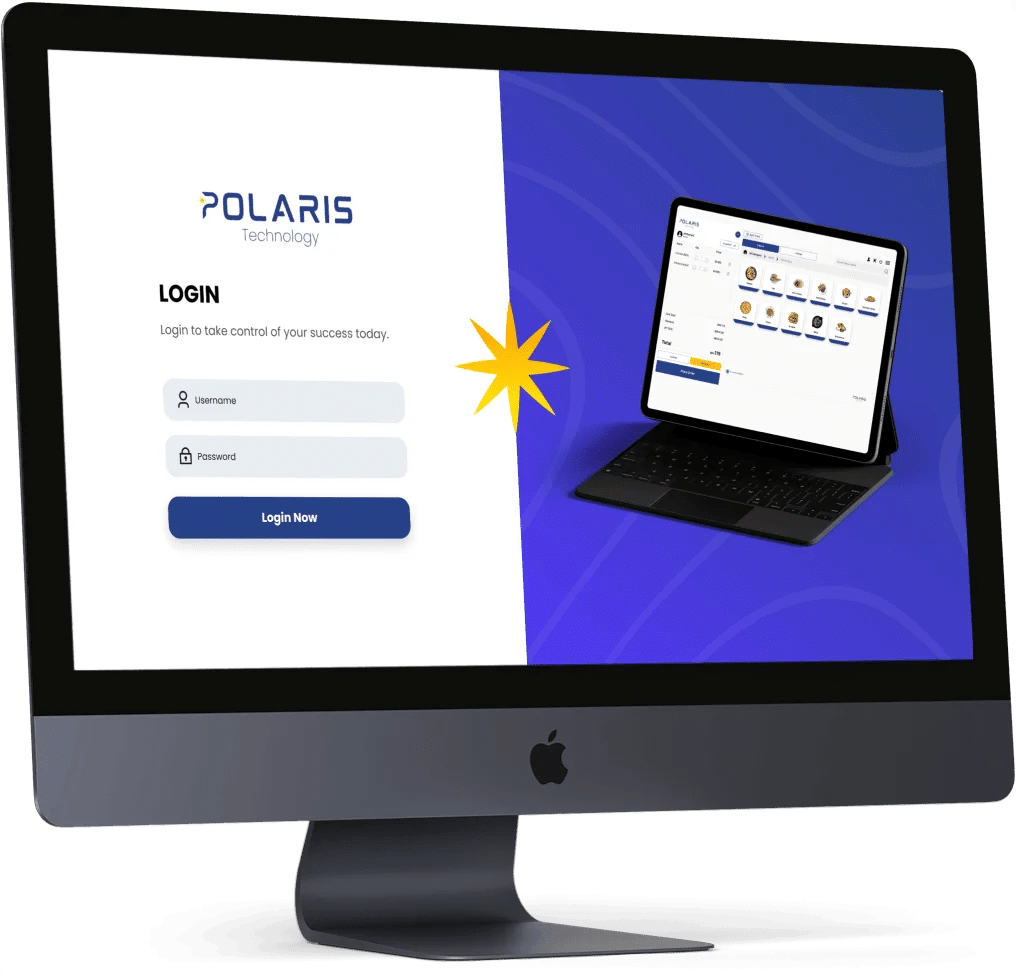
From delivery and installation to configuration, they ensure seamless compatibility of hardware components with Polaris ERP, providing a hassle-free setup.
Selecting the suitable restaurant ERP extends beyond mere software adoption; it involves choosing a solution that acts as a dedicated ally in your restaurant’s success. A superior restaurant ERP contributes to operational excellence, cost reduction, and enhanced customer satisfaction.
5. Choosing the Right ERP for Your Restaurant
Ask yourself if the ERP meets your specific needs, can automate routine tasks, streamline your business, make your life easier, and ultimately, boost your restaurant’s profitability. Polaris Technology, an AI-fueled unified platform, stands out as the only ERP specifically developed for the F&B industry, offering seamless integration, AI-powered consultation, and comprehensive solutions for POS hardware needs.
Ensure the success and sustainability of your restaurant by choosing an ERP that aligns with your goals, answers your business and managerial needs, and makes your life easier, ultimately delivering excellent customer service.

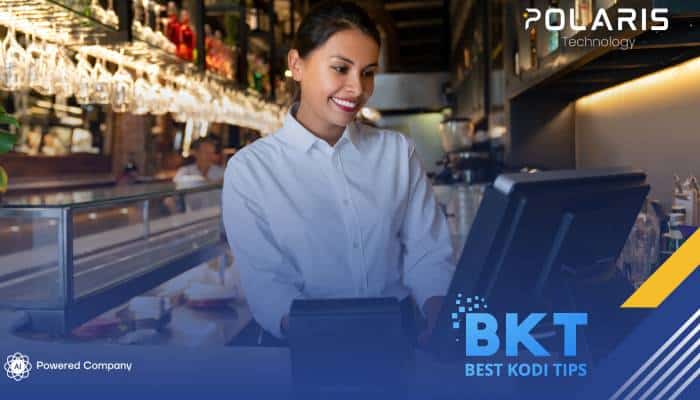








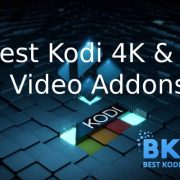
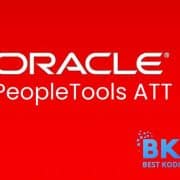
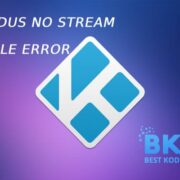


Comments